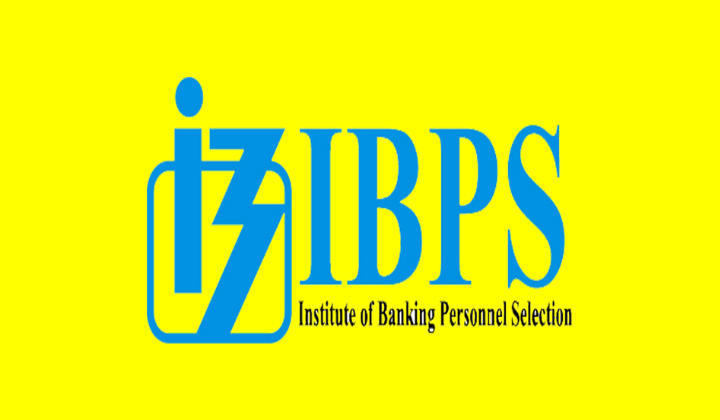Preparing for the IBPS PO exam can be challenging, especially when time is limited. Many candidates often wonder which topics are most important and are repeated over and over again. To help you plan your preparation strategy, this article takes a closer look at the questions asked in the previous year’s exam and highlights the areas that were asked most frequently. By understanding these trends, you can focus on high-priority topics and increase your chances of scoring good marks.
IBPS PO Last Year Questions Asked
The IBPS PO Prelims exam is known to test the candidate’s speed, accuracy and conceptual clarity in all three sections Quantitative Aptitude, Reasoning Ability and English Language. Every year, certain topics have emerged as favourites among the examinees and have been consistently included in the question paper. Here is a detailed look at the most frequently asked topics in IBPS PO last year, their question types and focus areas.
1. Quantitative Aptitude
In Quantitative Aptitude, candidates are tested on their numerical ability, calculation speed, and problem-solving skills, with topics like arithmetic, data interpretation, number series, and approximation frequently appearing.
- Arithmetic: Consistently featured, covering areas like percentages, profit & loss, time & work, mixtures and more topics of arithmetic.
- Data Interpretation (DI): Dominant in the exam, with a mix of table, line, bar, and caselet-based questions.
- Number Series: Included both wrong number series and missing number series.
- Approximation: Frequently tested, requiring quick calculations.
2. Reasoning Ability
The Reasoning Ability section evaluates logical thinking and decision-making through puzzles, seating arrangements, coding-decoding, syllogism, inequalities, and blood relations. This section often decides the difference between a good attempt and a high-scoring attempt.
- Puzzles & Seating Arrangements: Dominated the section, including day-based, floor-based, and comparison-based puzzles.
- Blood Relations: Frequently tested, assessing logical deduction skills.
- Coding-Decoding: Involved pattern recognition and logical reasoning.
- Syllogism & Inequality: Tested understanding of logical relationships.
- Direction Sense & Blood Relations: Evaluated spatial and relational reasoning.
3. English Language
Finally, the English Language section checks reading comprehension, grammar, and vocabulary through passages, cloze tests, para jumbles, fill-in-the-blanks, and error detection. Strong command over language fundamentals can make this section scoring with practice.
- Reading Comprehension (RC): Consistently featured, with passages on diverse topics.
- Cloze Test: Tested vocabulary and contextual understanding.
- Para Jumbles: Assessed sentence rearrangement skills.
- Fill in the Blanks: Evaluated grammar and vocabulary knowledge.
- Error Detection: Tested grammatical accuracy.
- Phrase Replacement: Assessed the ability to identify and replace incorrect or awkward phrases in sentences.
Important Areas to Focus for IBPS PO Preparation
To excel in IBPS PO Prelims, focus on high-frequency topics across all sections. In Quantitative Aptitude, arithmetic, data interpretation, number series, and approximation. For Reasoning Ability, practice puzzles, seating arrangements, coding-decoding, syllogism, inequalities, and blood relations. In English, concentrate on reading comprehension, cloze tests, para jumbles, fill-in-the-blanks, error detection, and phrase replacement. Focusing on these areas improves accuracy, speed, and overall scoring potential.
| Related Post | |
| IBPS PO Admit Card 2025 | IBPS PO Syllabus |
| IBPS PO Cut Off | IBPS PO Salary |
| IBPS PO Previous Year Papers |
IBPS PO Preparation Strategy |




 DSSSB Syllabus 2024 & Exam Pattern F...
DSSSB Syllabus 2024 & Exam Pattern F...
 RBI Office Attendant Shift Timings 2026
RBI Office Attendant Shift Timings 2026
 PNB Apprentice Exam Date 2026, Exam Patt...
PNB Apprentice Exam Date 2026, Exam Patt...








